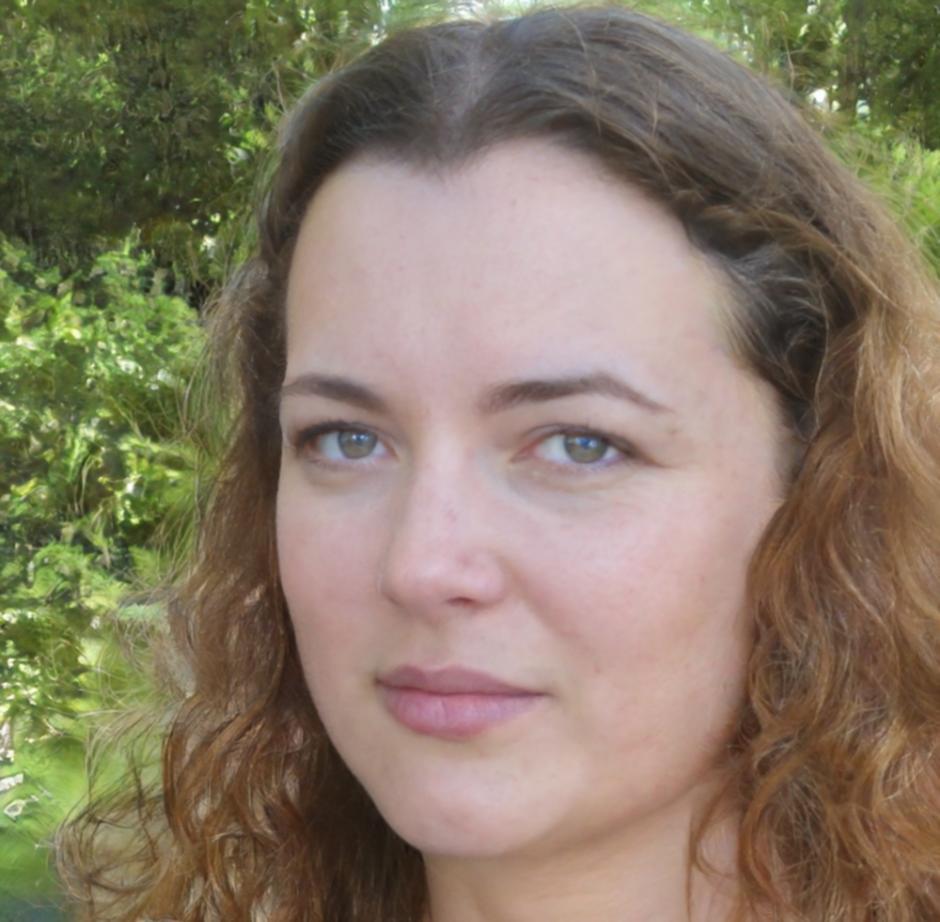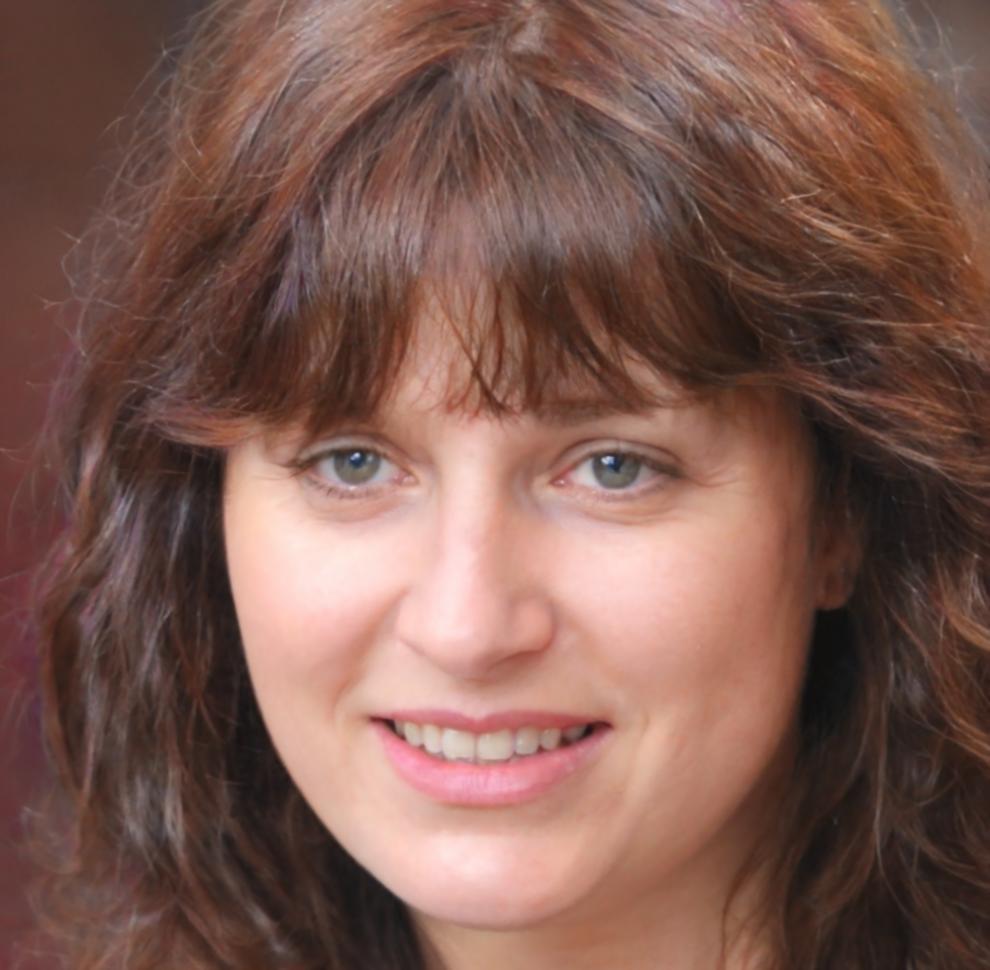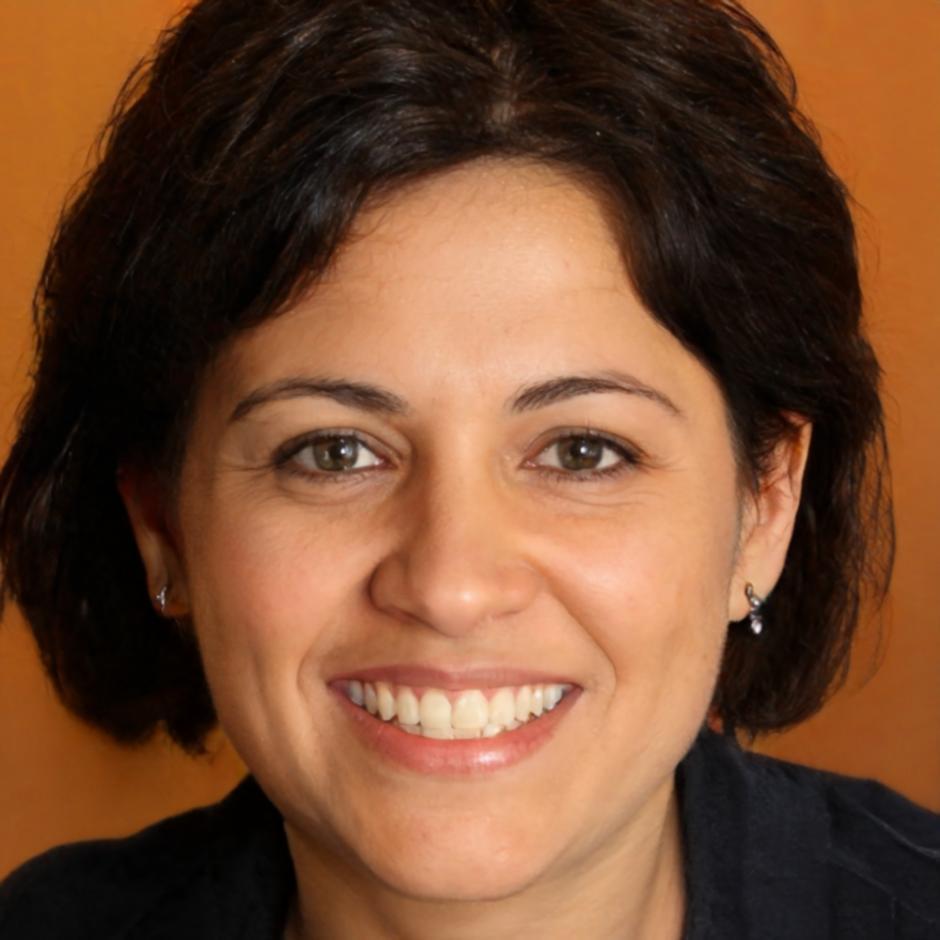
Siriporn Watanabe
Lead Instructor
Spent 12 years doing financial audits before she got tired of just pointing out problems. Now she teaches people how to prevent them. Her weekend workshops are known for brutal honesty and practical examples.
We've spent five years teaching business owners and finance professionals how to read financial statements without feeling lost. Our approach focuses on practical skills you can use right away—not academic theory that sits on a shelf.
Everyone learns differently. Some people need structure and deadlines. Others want to study at weird hours when their brain actually works. We get it—that's why we built three distinct paths through the same material.

We break financial analysis into four phases. Each builds on the previous one, but you can revisit any section as many times as you need. Real learning isn't linear—sometimes you need to circle back.
Start by understanding what balance sheets and income statements actually tell you. We use real company examples from Thai businesses—not made-up textbook scenarios. You'll learn to spot the numbers that matter and ignore the noise.
Can a company pay its bills next month? Next quarter? You'll calculate working capital ratios, interpret what they mean in different industries, and recognize warning signs before they become disasters. This is where theory meets practical decision-making.
Debt isn't automatically bad, but you need to know if a company can handle what it owes. We examine debt-to-equity ratios, interest coverage, and how to evaluate whether borrowing makes sense for a particular business situation.
The final phase involves analyzing complete financial situations. You'll work with multi-year data, compare companies, and practice making recommendations based on financial health. This is where everything clicks into place.
Our instructors have worked in corporate finance, auditing, and business consulting. They've seen what happens when companies ignore their numbers—and what good financial management actually looks like.

Lead Instructor
Spent 12 years doing financial audits before she got tired of just pointing out problems. Now she teaches people how to prevent them. Her weekend workshops are known for brutal honesty and practical examples.

Online Course Coordinator
Built the self-paced curriculum after realizing most financial education assumes everyone learns the same way. She responds to submitted assignments within 48 hours and actually reads them thoroughly.

Mentorship Specialist
Handles the hybrid track and one-on-one sessions. She's particularly good at translating financial concepts for people who hated math in school. Former CFO of a mid-sized manufacturing company.
We're accepting applications for all three program formats starting mid-June. Class sizes are limited to maintain quality feedback and discussion. If you're thinking about joining, get in touch now so we can answer questions before enrollment opens.
Get Program InformationPrograms start between August and October 2025 depending on format chosen